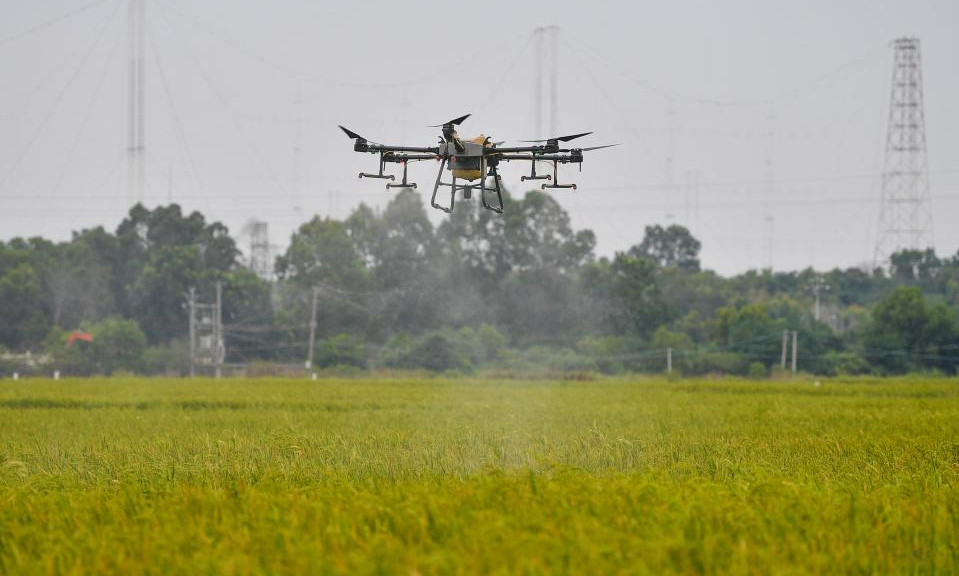Ocean warming rates to quadruple by 2090 if climate change not mitigated: study
WELLINGTON, Oct. 18 (Xinhua) -- A new comprehensive review of global ocean temperature data has allowed researchers to paint a clear picture of ocean warming since the 1950s, and predict future warming scenarios.
Researchers found that the rate of warming in the upper 2,000 meters of the ocean in 2010 more than doubled that of 1960, and predicted that if actions were not taken, the rate of ocean warming would be four times larger than the current level by 2090, with dire consequences for all life on Earth, according to the study published in Nature Reviews on Tuesday.
Authors from the University of Auckland, the National Center of Atmospheric Research in Boulder, Colorado, and research institutes from China, France, Australia, and Britain, said that if the world succeeds in limiting global surface temperature rise to 2 degrees Celsius above pre-industrial levels, as per the Paris Agreement, the acceleration of ocean warming will stop at around 2030.
As humans emit greenhouse gas into the atmosphere, it causes the Earth to warm. The vast majority of the heat ends up in the ocean. Therefore, to understand how fast the Earth's climate is changing, people must look to the ocean and track ocean heat content change. Ocean warming also connects energy, carbon, and water cycles, as it is a key component of the Earth system, according to the study.
A warmer ocean brings tremendous consequences to the Earth. Not just to sea life but to the weather patterns across the planet and to the food chain. A warmer ocean leads to more intense storms, more deadly rainfall and flooding, and more powerful typhoons and hurricanes, it said.
A consequence of warming is that parts of the planet will become drier, with more heat waves and droughts. Other parts will become wetter as rainfalls happen in bigger downbursts, according to the study.
Coastal regions are increasingly vulnerable in association with rising sea levels, storm surges and adverse impacts on ecosystems, the study showed.
Photos
Related Stories
- Ozone pollution threatens vegetation health: study
- UN chief urges all countries headed to COP27 to prioritize climate action
- China's Wing Loong-2 large UAV conducts plateau weather observation
- National climate simulator opened at Australian National University
- Tsinghua University launches report to promote climate risk analysis by businesses
- Ministry to push legislation on climate
- Commentary: No rain check to be taken on global climate action
Copyright © 2022 People's Daily Online. All Rights Reserved.









